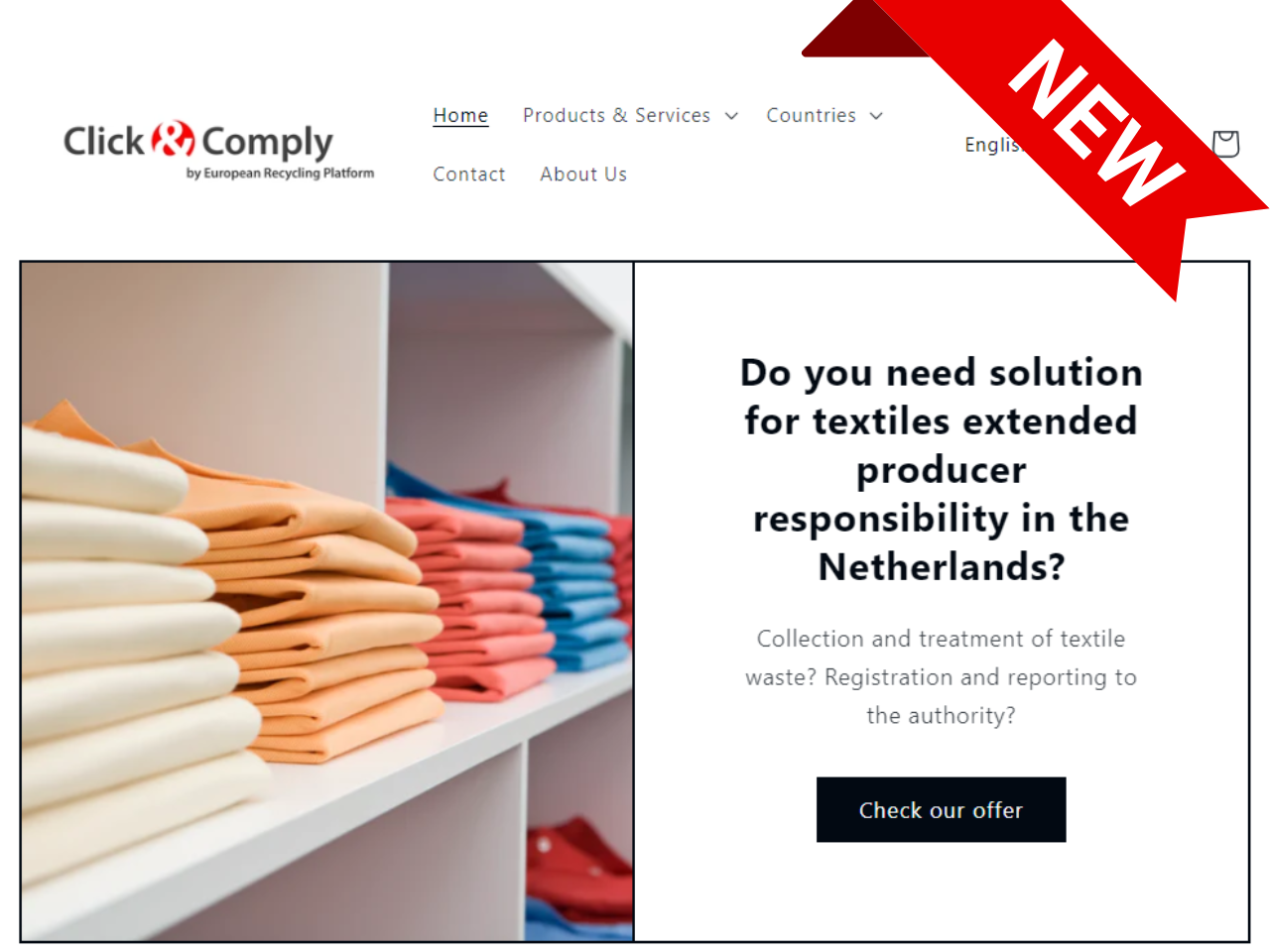Egypt is the most populated country in the Middle East with a current population of more than 105 million. An average of 26 million tons of municipal solid waste were produced annually in Egypt in recent years and, with a growing population, this number is only set to increase. According to reports from 2018, only 55% of this waste is collected, while the rest ends up polluting land and water.
Lately, Egypt has undertaken many initiatives and projects to solve its waste problem. In 2019, the National Solid Waste Management Program concluded that the waste management sector in Egypt needed reform and, in October 2020, Law No. 202 of 2020, Promulgating the Law on Waste Management was enforced.
This Law provides regulations on waste management and establishes a new Waste Management Regulatory Authority (WMRA) to replace the previous enforcing authority.
This law also introduced extended producer responsibility (EPR) in Article 17, stipulating that the minister of environment shall provide a list of priority products to come under the scope of EPR after coordinating with the concerned authorities.
In February 2022, the prime minister issued the executive regulations of the Waste Management Law issued by Law No. 202 of 2020. The regulations enforced EPR in Article 11 without listing the products to come under the scope of EPR.
The regulations provided waste treatment standards, plus controls, requirements and technical specifications for single-use plastic bags listed in Article 18. The regulations also introduced “green label” certificates to incentivize producers to reduce waste.
Other projects in Egypt are tackling plastic waste, especially in the tourism industry. In 2021, a baseline study was prepared by Landbell Group and other partners on the handling of packaging waste and possible starting points for an EPR system in a selected tourism area.
Landbell Group is also a member of the TouMaLi project, which started in 2021, aiming to develop and establish sustainable waste management solutions in the tourism sector in several North African countries, including Egypt.
Egypt is one of the countries covered by Landbell Group’s regulatory tracking service. Find out more about the service here.
Sign up for our monthly
report COMPASS here:
Your email












